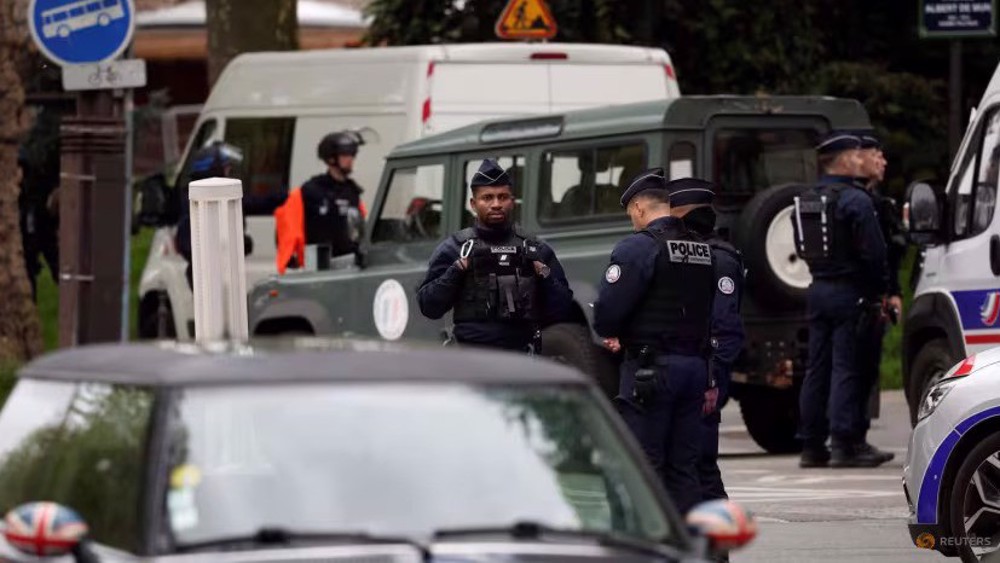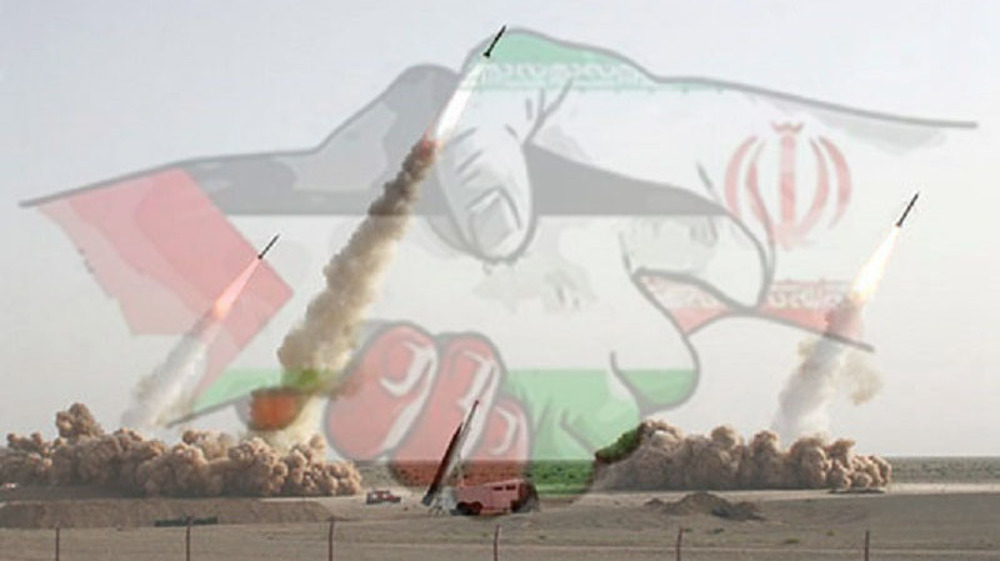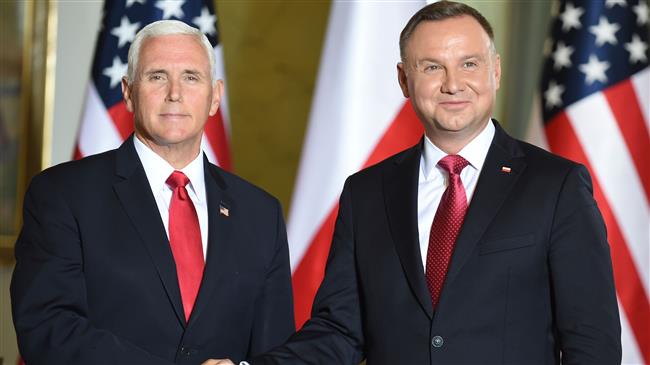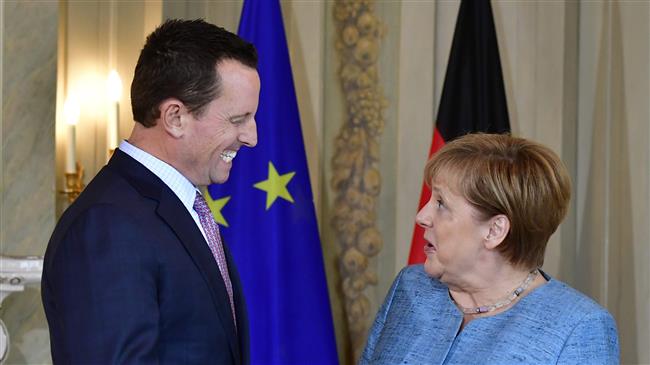Germany, France removing obstacles to exports of jointly-manufactured weapons
France and Germany say they are expected to sign an agreement on removing obstacles on exporting jointly-manufactured weapons to non-European and non-NATO countries.
Germany imposed a ban in 2018 on arms sales to such countries unless a waiver is granted. This has stirred concerns among French firms, prompting them to call on the authorities to allow the export of equipment with German parts without requiring Berlin’s green light.
As part of the ban, Germany blocked arms sales to Saudi Arabia in 2017 over the kingdom's war on Yemen.
French Finance and Economy Minister Bruno Le Maire told in a joint press conference with his German counterpart that the two sides were close to reaching an agreement on how to remove the obstacles.
“On the issue of weapons’ exports, we have a narrow dialogue with our German friends,” said Le Maire. “We have found an agreement on this subject.”
A French finance ministry official also said that a deal was in the works and was expected to be signed in coming weeks.
German Finance Minister Olaf Scholz also said talks were continuing.
“We have had very constructive discussions and I am confident they will lead to a good result,” he said. “But an announcement will be made only when it is ready and agreed to by all.”
On Monday, French economic newspaper La Tribune reported that Paris had already reached an agreement with Berlin.
Citing sources, the daily said under the deal, Germany would not block French exports to Saudi Arabia and other countries provided that the equipment in question were made with less than 20 percent German components.
The French Armed Forces Ministry, however, said the talks had not been concluded over the deal.
According to French sources, the ban on the sale of jointly-developed weapons could hinder plans for a new warplane and a new tank that Paris and Berlin plan to make together.
The EU has for years pressed for efforts to strengthen its own defense capabilities through defense spending increases, among other measures. Last year, the European Commission announced that the bloc’s 2019 budget stipulated the allocation of 245 million euros (287 million dollars) for the European Defense Industrial Development Program.
This is while the US has been exerting pressure on EU governments, including France, to equip their armed forces with American-built military hardware. Paris, however, has been resisting such pressure arguing that its defense and other industries remain strong.
French President Emmanuel Macron went further late last year, saying that he would announce new proposals for the EU to boost its security. He called on the 28-member bloc to stop relying on the US to protect its sovereignty.
US President Donald Trump described the proposal as “very insulting, but perhaps Europe should first pay its fair share of NATO, which the US subsidizes greatly!”
NATO members are required to spend at least 2 percent of their Gross Domestic Product (GDP) on military affairs. This is while the US currently spends around 4 percent.
Trump has long been demanding for EU members to increase their spending to 4 percent.
He has also threatened that Washington would “go its own way” if other NATO countries did not increase their military spending levels.
Iraqi resistance hits Israeli Ovda air base
Hackers break into Israeli military’s computers, access trove of documents
Tulkarm Brigade commander killed by Israeli forces in raid on refugee camp
Zionist media desperately trying to turn Israeli defeat into victory: Iran
VIDEO | Press TV's news headlines
Iran censures US veto of Palestinian request for full UN membership
Over 14,000 kids killed in Israel’s war on Gaza: UNICEF
VIDEO | Iran’s National Army Day marked at the Iranian embassy in Moscow














 This makes it easy to access the Press TV website
This makes it easy to access the Press TV website